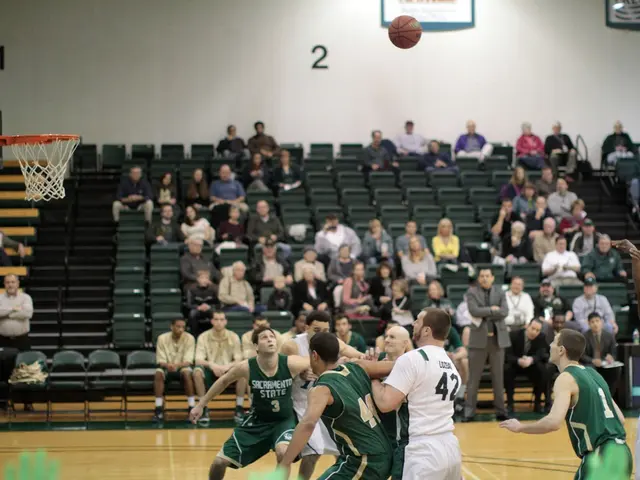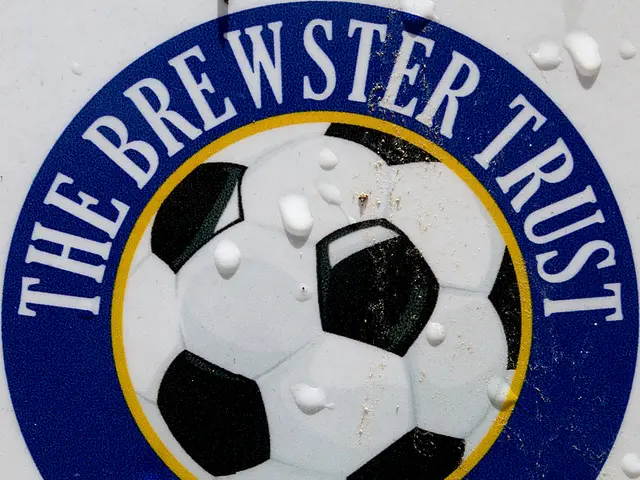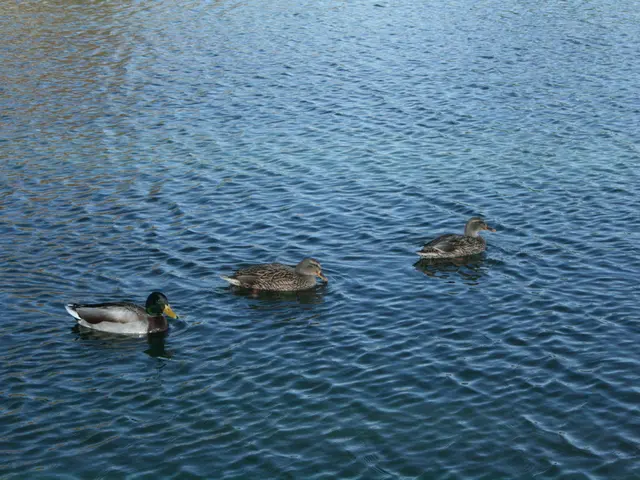New Hunting Regulations Unveiled in Rhineland-Palatinate - Details on forthcoming modifications to forest protection and wildlife preservation policies
After several rounds of discussions, a revised version of the controversial new hunting law for Rhineland-Palatinate has surfaced. Scheduled to take effect a year later than expected, starting April 1, 2026, this marks the beginning of the 2026/27 hunting season. Minister of the Environment Katrin Eder (Greens) shared this information in Mainz, where she detailed the collaborative process that led to incorporating modifications into the initial draft.
This collaboration involved 17 associations, including local groups, conservation organizations, and the Rhineland-Palatinate State Hunting Association. Spurred on by a "monumental effort," the draft now features several alterations.
Highlights of the revised draft:
- Harm Prevention in Forests: The new regulations outline that hunting in specific forest areas should minimize harm to the environment. This ensures the forest's beneficial, protective, and recreational functions remain intact.
- Forest Damage Protocol: Modifications have been made to the forest damage protocol. In the event of damage to a forest area, an agreement on measures to be taken will be reached at the commencement of a hunting lease contract between a forest owner and a hunter.
- Forest Authority Statements: The draft now requires regular statements from the forest authority regarding potential threats to a forest area.
- Breach of Shooting Agreements: Breaching shooting agreements may result in termination of the long-term lease contract by the forest owner.
- Prohibition on Live Ducks: The draft retains the ban on using live ducks in hunting dog training and the prohibition on lead ammunition.
This 122-page draft will be presented to the Communal Council next week, with cabinet approval anticipated before the end of the year. The Communal Council provides advice on matters significant to municipal corporations.
Reactions to the amendment have been mixed. The State Hunting Association (LJV) deemed it a "softened" version, with certain issues still unresolved. For instance, the LJV opposes the ban on "live ducks" in hunting dog training and restrictions on trapping. The CDU state parliament faction's hunting policy spokesperson, Horst Gies, criticized future administrative decrees that dictate hunters and forest owners' operation methods.
However, the Association of Municipalities and Towns in Rhineland-Palatinate viewed the draft as a significant step forward, especially in balancing forest and wildlife conservation. A substantial portion of Rhineland-Palatinate's forest is owned by municipalities.
Every adjustment to the revised draft was the result of a rigorous, collaborative effort involving experts and associations. The goal is to strike a balance between forest and wildlife protection as emphasized by Minister Eder.
Additional Insights
- German Hunting and Fishing Courses: Bodies like Baumholder Outdoor Recreation in Rhineland-Palatinate offer structured programs for hunting and fishing activities, which often include regulations and guidelines for responsible hunting practices.
- Forest Protection Regulations: In many German states, including Rhineland-Palatinate, there are strict regulations to protect forests. These regulations may involve rules concerning hunting seasons, prohibited hunting methods, and protected species.
- Wildlife Preservation Regulations: Regulations aim to preserve wildlife populations by limiting the number of animals that can be hunted, enforcing bag limits, and banning hunting protected species. Additionally, there might be constraints on hunting methods that could harm non-target species or the environment.
For the most current and specific changes to hunting regulations in Rhineland-Palatinate, consult formal government websites, local hunting authorities, or relevant environmental agencies.





